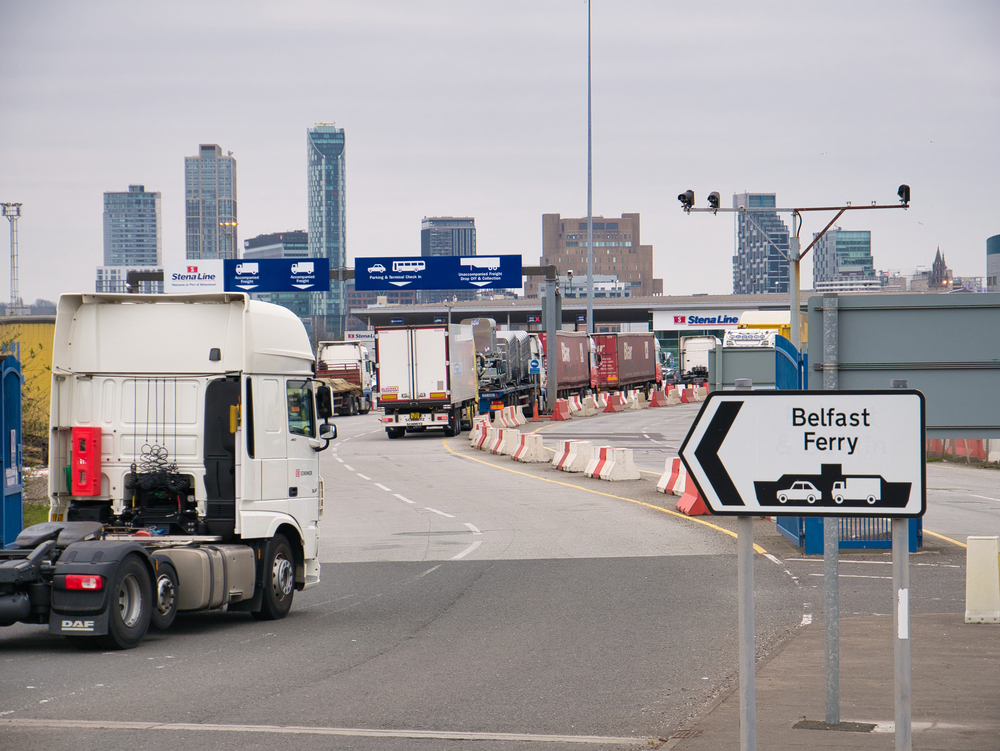HM Treasury in the United Kingdom has released a position paper outlining how elements of the EU’s proposed VAT reforms in the digital age (“ViDA”) may impact the VAT return of goods with Northern Ireland. This could result in complex additional EU obligations for Northern Ireland taxpayers and HMRC beginning in 2024.
The UK’s inability to fully implement the 2021 EU IOSS VAT reforms in Northern Ireland pursuant to the Northern Ireland Protocol’s Brexit agreement is of course subject to litigation over the EU’s Brexit breach agreements. The emerging new obligations upon Northern Irish traders from the EU, to be administered by the UK according to the Northern Ireland Protocol, will increase the bureaucratic and frictional burden between the EU and the UK.
The extension of OSS single VAT registration is seen by HM Treasury as the first step change to be digested. Merchants trading B2C goods between Northern Ireland and the EU can already use OSS as of July 2021, but this is not the case for trade between the rest of the UK and the EU. Under the VIDA reform, there are also plans to extend OSS for the storage of goods in other EU countries from 2025 onward.
At the same time, the compulsory implementation of reverse charge for intra-community B2B goods movements is going to cause complications for the functioning of HM Treasury and HMRC.
Digital reporting obligations in 2028
Later, the planned requirement for digital reporting of intra-Community supplies (also between Northern Ireland and the EU) is going to be subject to 2-day reporting deadlines. This change, as part of the “Digital Reporting Requirements”pillar of ViDA, for Northern Ireland-based traders will have to be managed again by HMRC. This requires a significant investment in current IT infrastructure and complicates the effort for taxpayers to determine which scheme (UK or EU) to pursue.
Traders in Northern Ireland who are selling or moving goods to and from the EU must also agree to the EU’s e-invoicing obligations to emit and transmit electronic invoices. If Ireland agrees to the suggested option by the EU to require structured e-invoices as of 2024, it will impose further ancillary obligations on Northern Ireland resident taxpayers.
Northern Ireland’s double position in the EU VAT regime
In 2021, Northern Ireland entered a dual status in the EU customs union, single market, and VAT regime, along with the UK’s goods-only equivalents. The terms of the agreement for this were set out in the Northern Ireland Protocol, which accompanied the January 2020 withdrawal agreement, which, in effect, marked the deadlines for the UK’s exit from the EU.
The goal was to avoid the need for border controls between Northern Ireland and the island of Ireland by moving any inspections of goods between the United Kingdom and Northern Ireland with a potential EU destination to the GB/NI border. As a result, while the term “Irish Sea border” has gained currency, it refers to a border at Northern Ireland’s ports.

